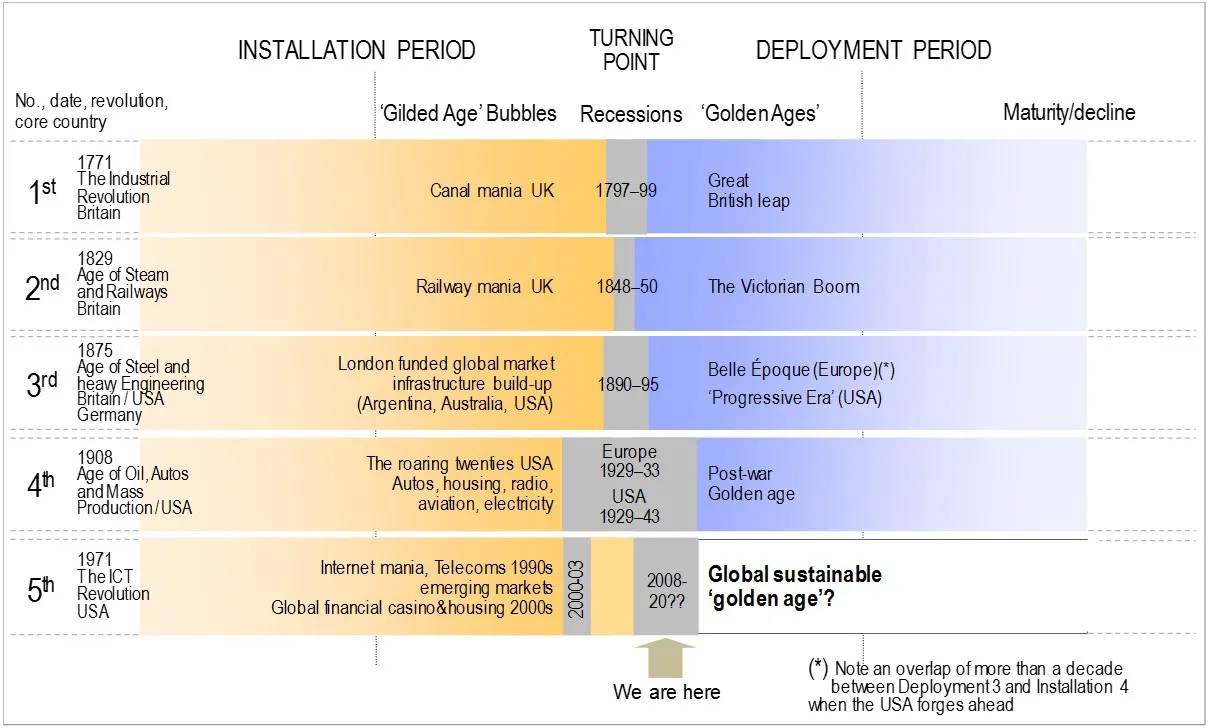It’s almost something of an arms race, where the Nerf internet community one-ups each other by making their toy blasters shoot more foam faster, farther, and more accurately, whether to show off or to perform that much better in an actual game of Nerf. And while Hasbro is clearly taking some notes from the upstart maker community, 3D printers in particular are giving makers an edge they’ve never had before.
This is the classical story of the open source challenge to an incumbent / dominant actor in a market. In this case it's about Nerf and toy blasters. The interesting bit is that this was hardware-led revolution (3d printing); and the open source spirit is optional - chosen by some actors, but not others.
